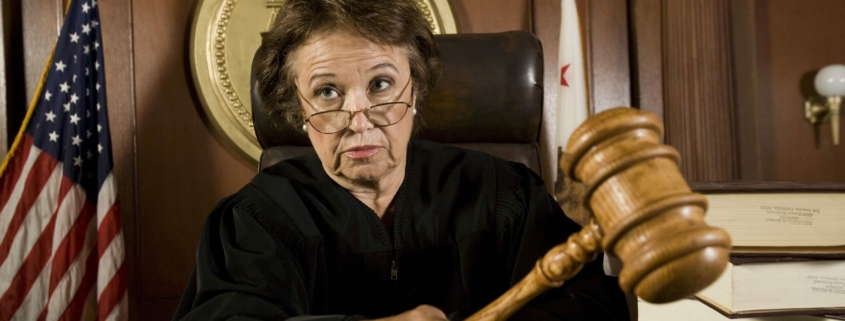When Siblings Sue
The most helpful child of an elderly parent should not be trusted. That child might be a devoted caretaker or uplifting companion. When planning the parent’s estate, the helpful child often wants to control the process. That is when the attorney should anticipate that siblings will sue. Here’s why.
In a recent New York case, a decedent, Mary, died leaving three children and two wills. A 2008 will left everything equally to three children. The 2018 will left her home and its contents to her son. The rest of the estate was divided equally among them. That was Mary’s right under the law.
However, the son might have had “undue influence” over his mother. He made her appointment with the attorney, brought her to the meetings, and was present when the documents were signed. Mom was of advanced age, and susceptible to coercion. The attorney was not sufficiently attentive.
The two remaining daughters read both wills and began to investigate. They brought the matter to the Court and the judge determined that the 2018 will was the product of undue influence.
I recall one elderly client who arrived with her son at my office. He joined our meeting, refused to stop talking, and would not leave the room when I asked to be alone with his mother. I was certain that the mother was being bullied. She would not ask her son to leave the room. I had no alternative but to end the meeting. I advised the potential client that I could not in good faith proceed to help her unless I could be alone with her. My job was to be certain that her choices were solely her own.
As I think about the recent New York case, I notice some ambiguity regarding “undue influence.” Many times, one child or relative has devoted many years to an elderly parent or another relative. There is a great value to serving as a caretaker. Our laws do not guarantee that all children inherit equally, as is the law in some other countries. The child who is serving as a caretaker is likely to have extra influence. In those cases, the Courts have the difficult task of figuring out what is “undue” influence. A parent might be expressing gratitude by shifting an estate to one child. Perhaps that child really deserved “more.” The parent might even be afraid to lose the affection or attention of that child if they are not favored in the will. Neither of those intentions constitutes “undue” influence.
When considering changes in a will or trust, the age, the cognitive skills, and the demeanor of the client are important factors. To better assist the client, the attorney should speak directly to the client when setting up the appointment. When a child calls to make an appointment, I ask, “is there a reason that your parent isn’t making this call by themselves.” When the client arrives, family members should leave for a while so that the client can share openly.
In these situations, the child as a caretaker may be selfless and angelic. Yet, there always lies the possibility that a changed estate plan can lead to arguments between siblings. Attorneys and clients together must appreciate the muddiness of that situation.
Evan J. Krame




